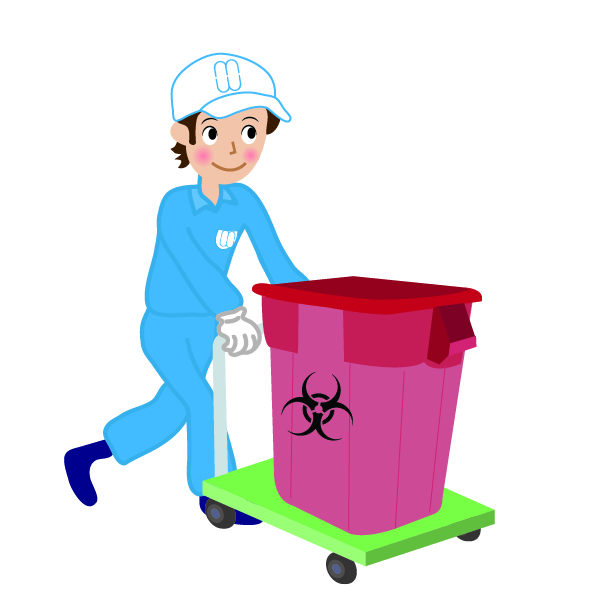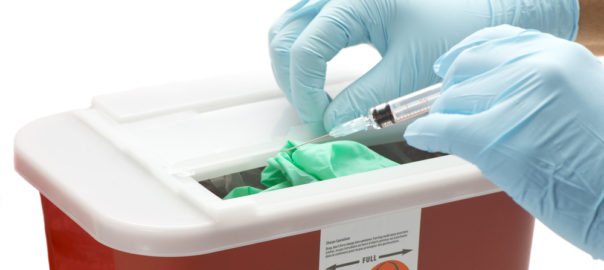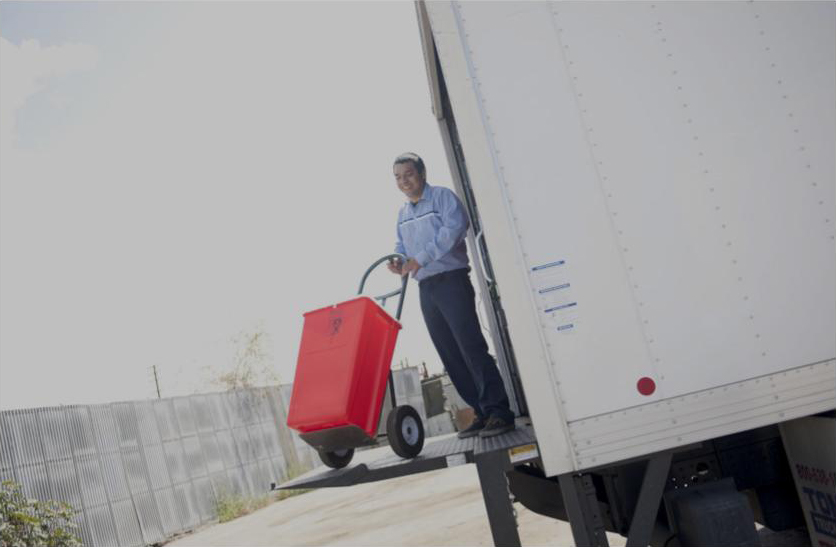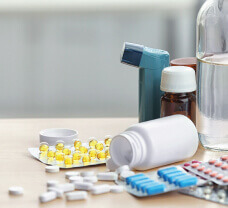Pharmaceutical waste includes anything from pill bottles to IV bags, and disposing of it properly is important to keep our environment safe. The majority of pharmaceutical waste is disposed of in landfills, which means it can contaminate groundwater and create toxic fumes. Pharmaceutical waste disposal is a serious concern for many people. Pharmaceutical waste can also be disposed of in incinerators, which emit toxic fumes into the air. So how can you safely dispose of your pharmaceutical waste? The easiest way is to take it to a drug take-back program, which will dispose of your waste for you. This is a great option for people who live in an area where they can’t find a pharmacy to take their Pharmaceutical waste disposal. You can also take your pharmaceutical waste to a recycling center, but the recycling center will need to be able to process your waste. If you have any other questions about how to dispose of your pharmaceutical waste, please contact your local health department.
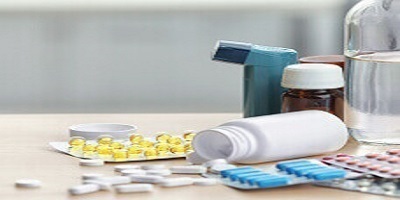
Many people are unsure of how to dispose of their document shredding and may not know where to find a drug disposal company. It is important to dispose of this type of waste because it can be harmful to the environment and to humans.
Biohazardous waste disposal is an important service for any home or business that deals with biohazardous materials. It is the safe disposal of any biological material that could cause a health risk to humans or the environment. It is important because the risks associated with biohazardous materials can be fatal if not disposed of properly. This is typically handled by specialized companies that offer services for a fee. It is important to remember that it should be handled by a professional company that specializes in this type of service. There are many different types of biohazardous waste disposal and some may require specialized equipment and training. For example, hospitals and laboratories will have specific needs. These facilities need to be able to handle any type of biohazardous material. The safety of the employees is paramount. This is why it is important to choose a company that has experience and knowledge in handling biohazardous materials.



